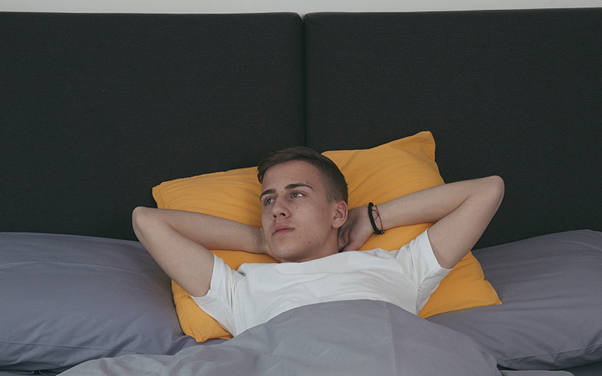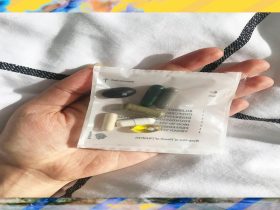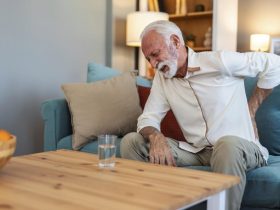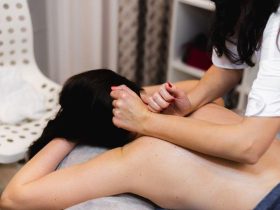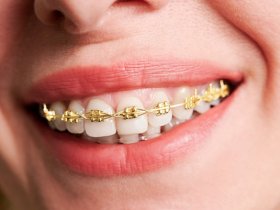If you’ve ever had a restless night, you know how groggy and irritable you can feel the next day. Now imagine that happening every night without realising why. For many people, that’s what living with sleep apnoea feels like. Beyond tiredness, this condition can affect your mood and even trigger anxiety. In Singapore, more people are beginning to understand that mental health and sleep are deeply connected. Knowing when to see an ENT specialist could make all the difference.
What Exactly Is Sleep Apnoea?
Sleep apnoea is a disorder where a person repeatedly stops breathing for short periods during sleep. These interruptions can last just a few seconds but happen dozens or even hundreds of times a night. Most people don’t remember waking up, yet their bodies are constantly jolted out of deep sleep. Common signs include loud snoring, dry throat, morning headaches, and constant fatigue.
Because of the fragmented sleep, those with sleep apnea in Singapore often feel sluggish and find it hard to focus during the day. Over time, this lack of rest doesn’t just wear out the body—it also takes a toll on the mind.
How Poor Sleep Can Lead to Anxiety
Sleep isn’t just for rest; it’s when your brain repairs itself and processes emotions. When sleep is constantly disrupted, the brain never gets that chance. This leads to higher stress hormone levels, such as cortisol, which keep the body in a tense, alert state.
As a result, people with sleep apnoea often feel anxious or uneasy for no clear reason. They may experience racing thoughts, restlessness, or even panic-like symptoms. The tiredness also makes it harder to manage stress, creating a vicious cycle where poor sleep fuels anxiety, and anxiety makes it harder to sleep.
The Two-Way Relationship Between Anxiety and Sleep Apnoea
Interestingly, anxiety doesn’t just result from sleep apnoea—it can make it worse. When you’re anxious, your body tends to tense up, and your breathing becomes shallower. This can increase the number of breathing interruptions during the night. Over time, your brain starts associating bedtime with stress, making it even harder to relax and fall asleep peacefully.
For those coping with sleep apnea in Singapore, this cycle can be exhausting. They wake up tired, feel anxious throughout the day, and then struggle to get proper rest again at night. Breaking this pattern often requires professional help.
Why Seeing a Specialist Matters
There’s a strong biological link between the two conditions. When your breathing stops during sleep, oxygen levels drop, and the brain’s emotional control centres, such as the amygdala, become overactive. This overstimulation can heighten feelings of fear and anxiety.
An ENT specialist can identify whether your sleep apnoea is caused by physical factors like nasal blockages, enlarged tonsils, or jaw structure. Treating these issues can significantly improve airflow, sleep quality, and mental health. Many patients notice that their anxiety symptoms also ease once they start getting uninterrupted rest.
Practical Steps to Improve Sleep and Calm the Mind
If you suspect you have sleep apnoea, start by improving your sleep habits. Go to bed and wake up at the same time daily, avoid caffeine or heavy meals before bedtime, and keep your room cool and quiet. Reducing screen time before sleep can also help your mind wind down. Many people also find that natural sleep support, such as sleep gummies with calming ingredients like L-theanine and ashwagandha, can complement these lifestyle changes.
However, lifestyle changes alone may not be enough. Seeking medical advice from an ENT specialist is essential. They can recommend treatments such as CPAP therapy, oral appliances, or surgery, depending on the severity of the condition. Pairing medical care with relaxation practices like mindfulness, meditation, or therapy can further reduce anxiety and help restore emotional balance.
Conclusion
Sleep apnoea and anxiety often go hand in hand, creating a loop that’s hard to break without help. But with proper diagnosis and treatment, recovery is possible. If you’ve been waking up tired or feeling anxious for no apparent reason, it might be time to look deeper. Contact Dr Leslie Koh today to find out whether your sleep could be the cause. If you think you might have sleep apnea in Singapore, don’t wait—seek help early.

